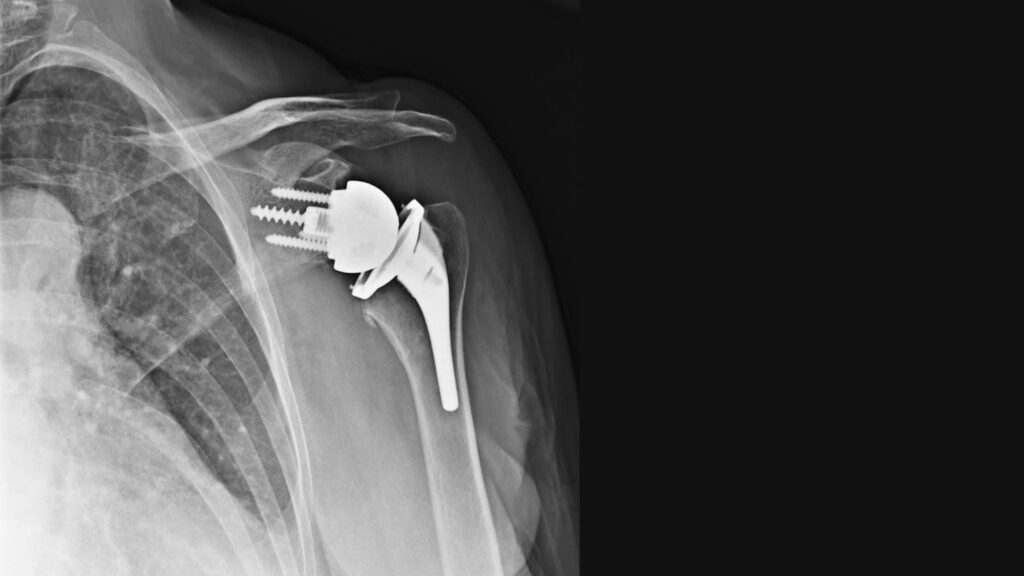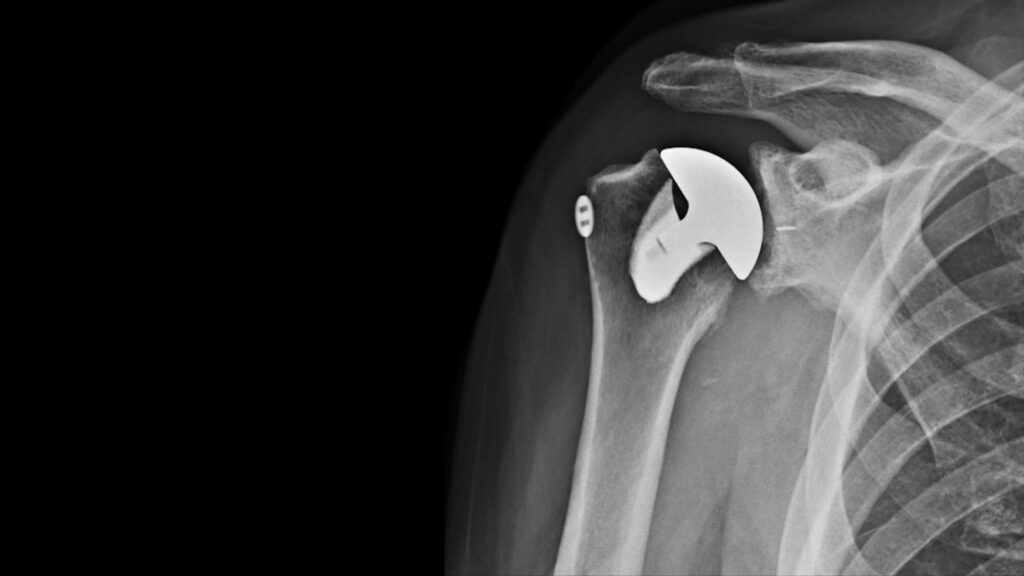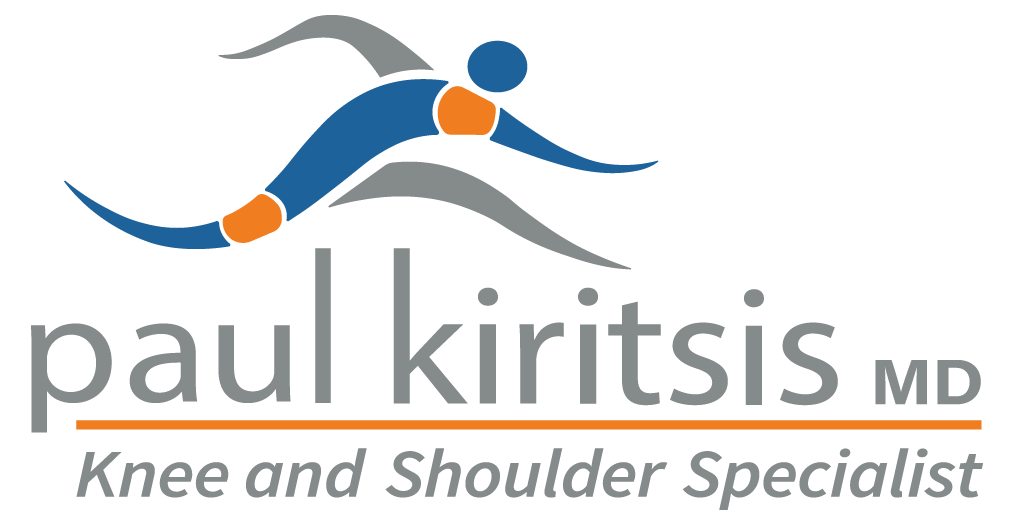Are You a Candidate for Precision Shoulder Replacement Surgery?
Are You a Candidate for Precision Shoulder Replacement Surgery?
If you’re struggling with persistent shoulder pain and limited mobility, you might be wondering if shoulder replacement surgery is the right solution for you.
Precision Shoulder Replacement is a highly advanced procedure designed to alleviate severe pain and restore function to your shoulder, allowing you to reclaim your quality of life.
Answering the questions below can help you determine if you might be a candidate for this innovative treatment.


Pain and Discomfort / Quality of Life
Constant or Severe Shoulder Pain:
Are you experiencing shoulder pain that is constant or severe enough to disrupt your daily activities, even when you’re at rest or trying to sleep? This level of pain, particularly when it persists despite rest, may indicate the need for surgical intervention.
Impact on Quality of Life:
Has your shoulder pain or limited mobility negatively affected your quality of life? Whether it’s interfering with your ability to work, exercise, or enjoy hobbies, this level of disruption is a key indicator that more comprehensive treatment may be needed.
Difficulty Sleeping Due to Shoulder Pain:
Do you struggle to find a comfortable sleeping position because of shoulder pain, even after trying multiple adjustments? Sleep disruption is a common concern for those with severe shoulder conditions, and it often signals a need for more targeted treatment options.
Lack of Relief from Non-Surgical Treatments:
Have you tried non-surgical options like physical therapy, medications, or injections without significant improvement in your shoulder pain? If these conservative measures have failed to provide relief, surgery may be the next step.
Range of Motion
Significant Limitation in Shoulder Movement:
Is your shoulder range of motion so limited that everyday tasks, such as reaching overhead, getting dressed, or lifting objects, have become difficult or impossible? This restriction in movement is a common sign of severe shoulder problems that may be best addressed through surgery.
Stiffness or Difficulty Moving in Different Directions:
Do you experience stiffness or have trouble moving your shoulder in various directions, such as raising your arm or rotating your shoulder? These symptoms can indicate underlying joint issues that Precision Shoulder Replacement may help resolve.
Shoulder-Related Medical History
Diagnosis of Advanced Shoulder Arthritis:
Have you been diagnosed with advanced forms of shoulder arthritis, such as osteoarthritis, rheumatoid arthritis, or post-traumatic arthritis? These conditions often lead to severe joint damage that may be effectively treated with shoulder replacement surgery.
History of Shoulder Injuries:
Do you have a history of shoulder injuries like rotator cuff tears, fractures, or dislocations that have resulted in chronic pain or dysfunction? These past injuries can contribute to ongoing issues that surgery may address.
Imaging Evidence of Joint Damage:
Has your shoulder joint been evaluated with imaging tests like X-rays or MRIs showing significant joint damage, bone loss, or cartilage wear? Imaging results are a critical factor in determining the need for shoulder replacement surgery.
Next Steps
If you answered “yes” to any of these questions, you might be a candidate for Precision Shoulder Replacement surgery.
Consider scheduling a consultation with Dr. Kiritsis to learn more about Precision Shoulder Replacement and whether it’s the right choice for you.
Together, we can work towards relieving your pain and restoring your shoulder function, helping you get back to the activities you love.

